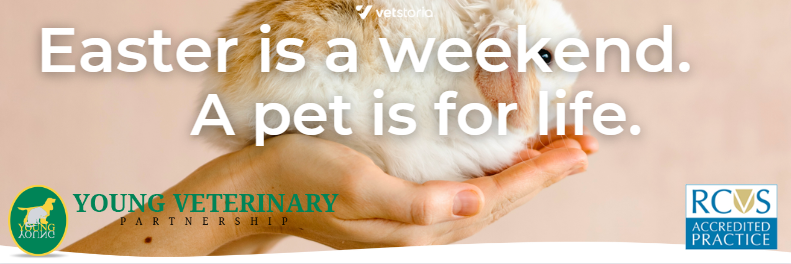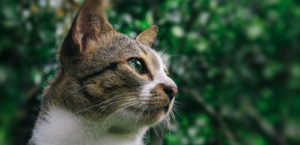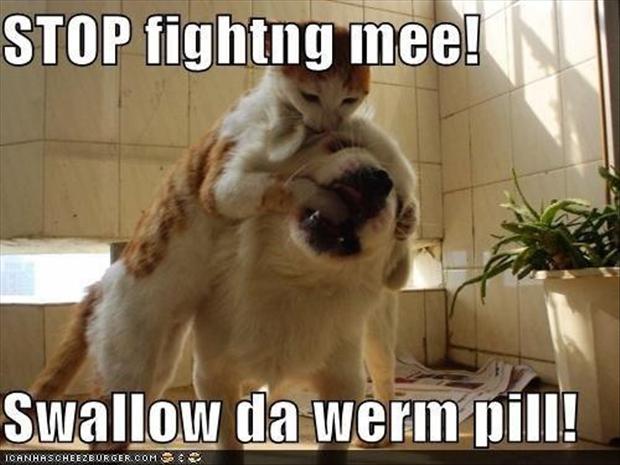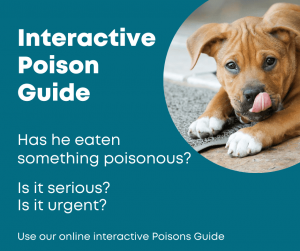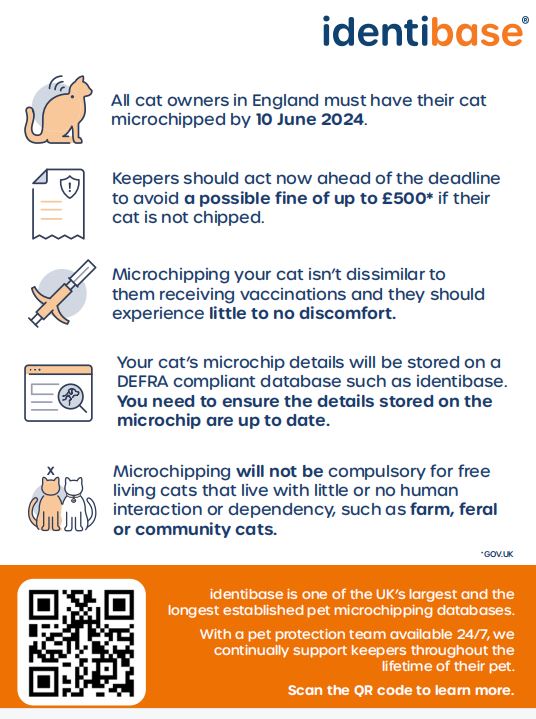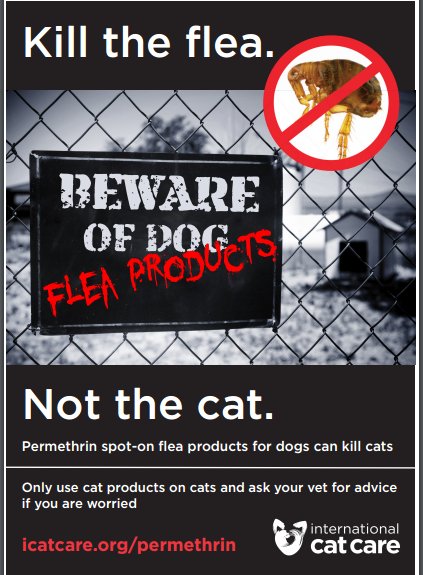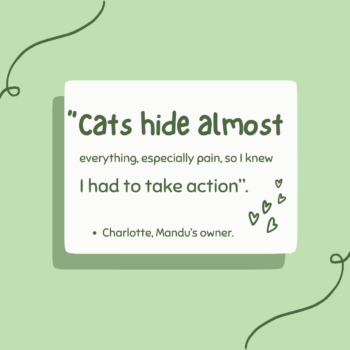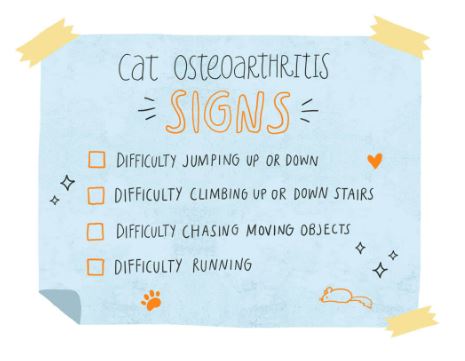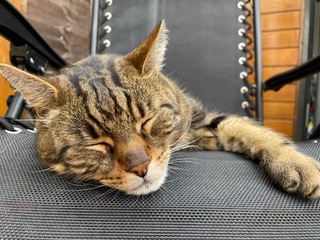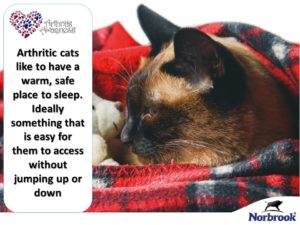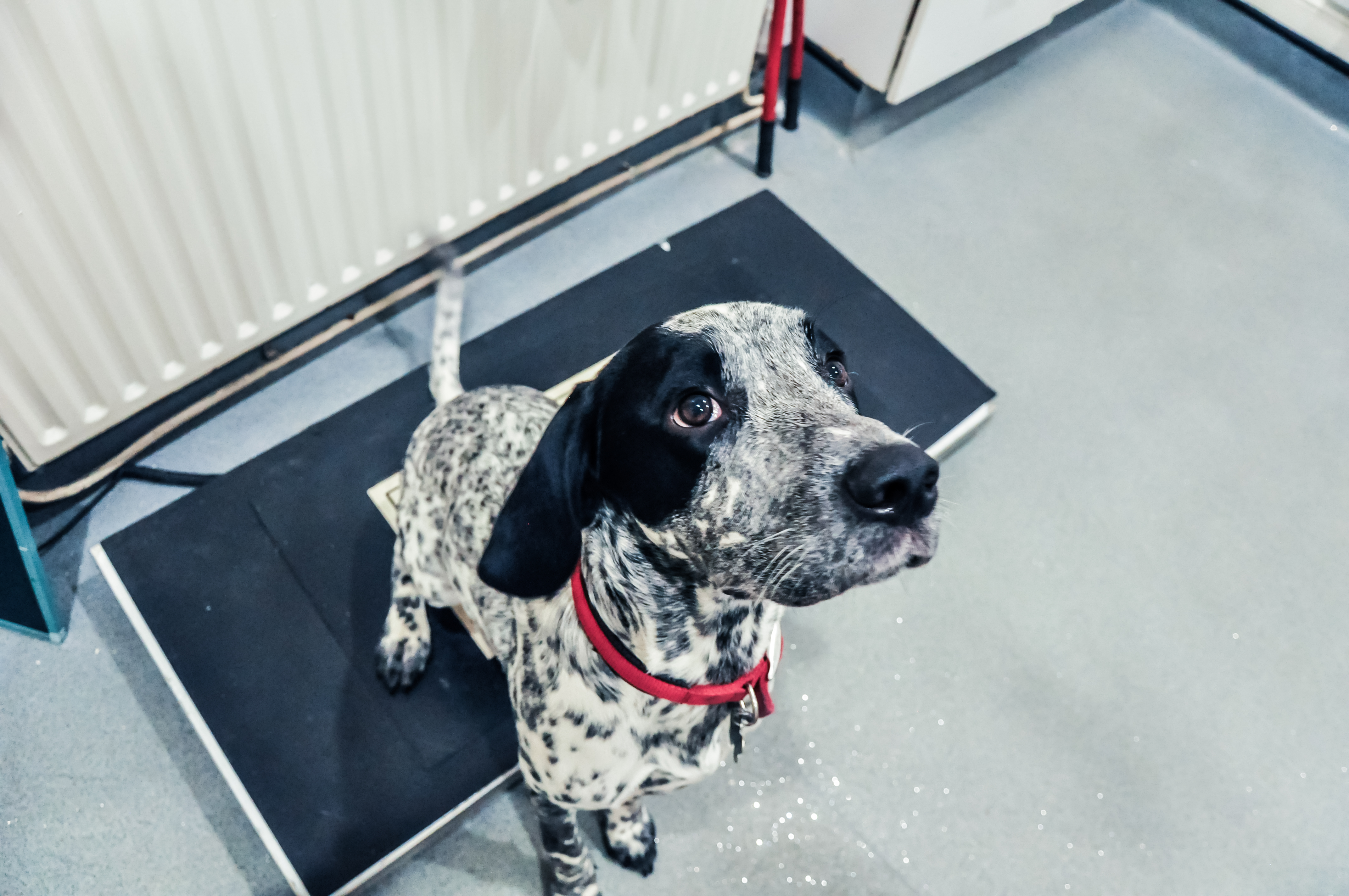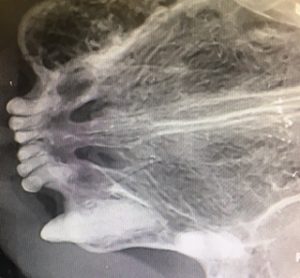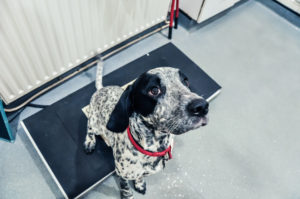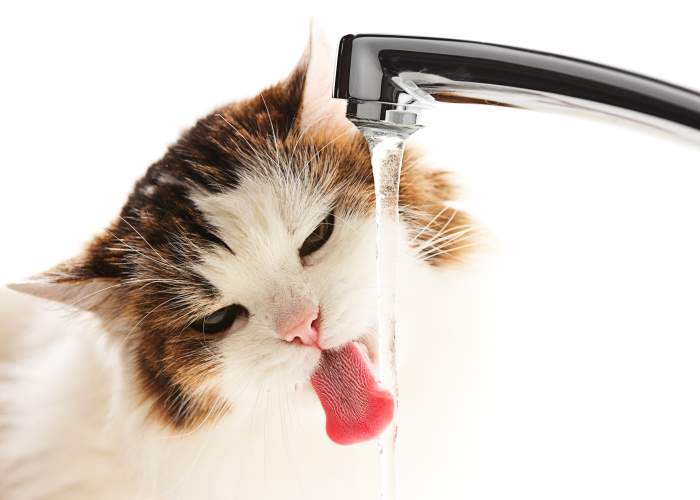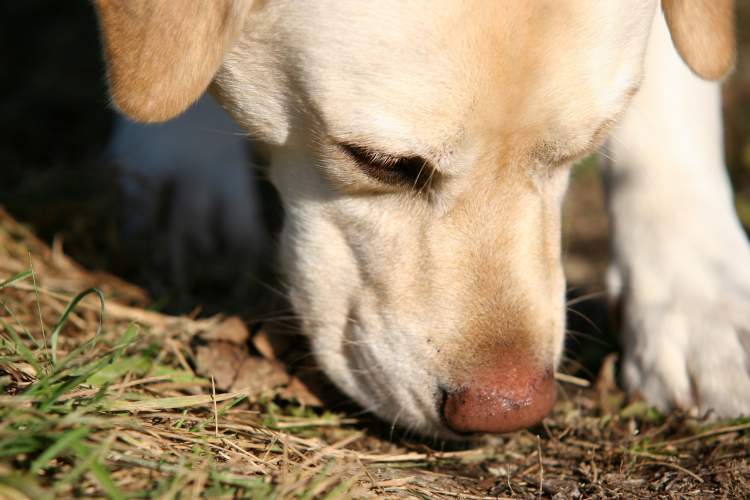Welcoming your new arrival!
Welcoming your new arrival!
Bringing a new puppy or kitten into the family home is a super exciting time. There’s lots of things to consider when bringing them home. We’ve included some of the important ones in our latest Pet care Blog from vaccinations to socialisation, microchips and worming. If you have a question about your new pet, do not hesitate to contact our team for more advice.
If you have not yet registered with a veterinary practice you can register yourself and your pet with our friendly team here, today.
Be the first to read our Pet Blog here.

Microchips and your pets,
For a number of years, it has been a legal requirement for all puppies over 8 weeks of age to be microchipped, the law has now changed and includes all cats over 20 weeks of age to also be microchipped in the UK.
Here at Young Vets, we will always recommend microchipping your pet. Read our latest Pet Blog Here to understand why we feel these tiny ‘rice sized’ implants are a vital part of responsible pet ownership.
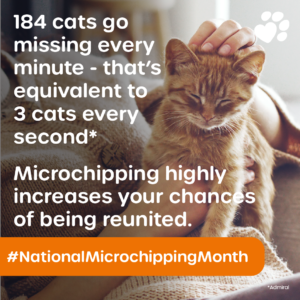
If your pet isn’t microchipped yet, don’t panic – Contact our friendly team to arrange your pets chip appointment today.
More about vaccinations,
We all know that we should vaccination our pets and its part of responsible pet ownership, but do you know what diseases we actually vaccinate against?
Our Summer Pet Care News, explains what awful diseases we vaccinate your furry family members against. When our team provide a vaccination for your pet, we automatically include a full health and weight examination from one of our friendly veterinary surgeons, during these health examinations feel free to raise any pet concerns that might be worrying you.

Surviving the summer!
Summer is here, we can officially light the BBQ and spend evenings in the garden, but we also need to consider our pets. Our Summer News Blog, has put together some top tips on helping your pet to cope with the warmer weather.
During the really hot summer days, please pay particular attention to very young or elderly pets and brachycephalic breeds (squashed face Pugs, Frenchies, Persians).
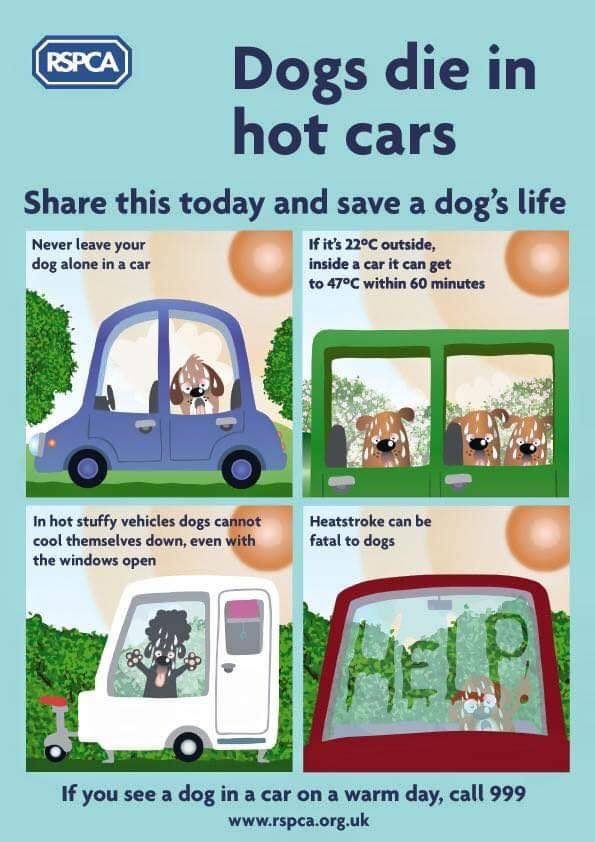
Exercise early or on extreme days not at all – Try some brain games like ‘find it’, teach your dog a new trick, search You Tube or social media for inspiration, spread their usual dinner around the garden and allow their nose to seek it out. All of these enrichment ideas will give your dog mental stimulation when its too hot for the usual walkies! Tags us on the socials in your trick training and enrichment ideas – we’d love to see them! #youngvets



